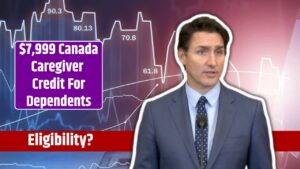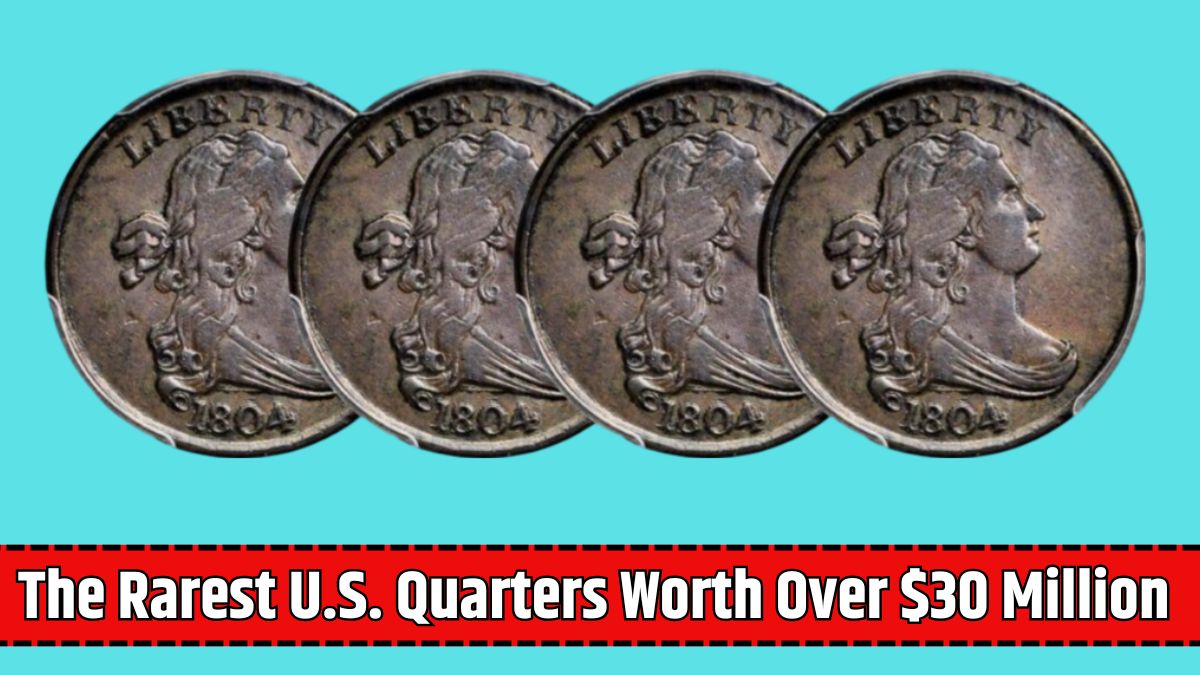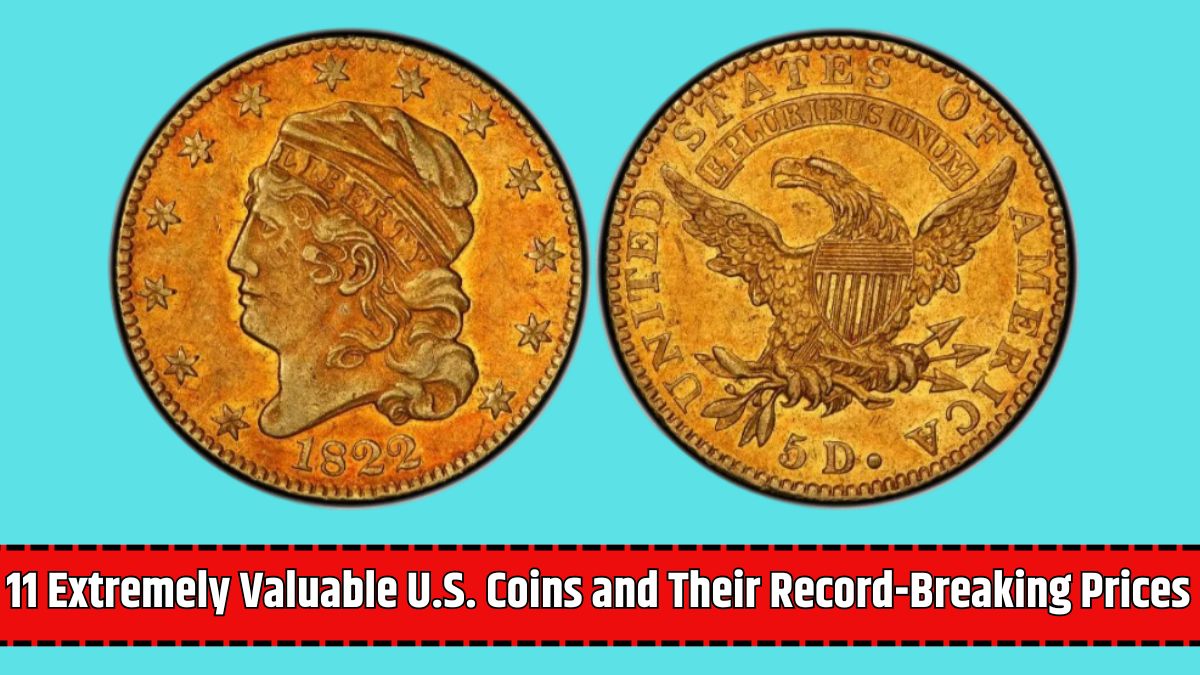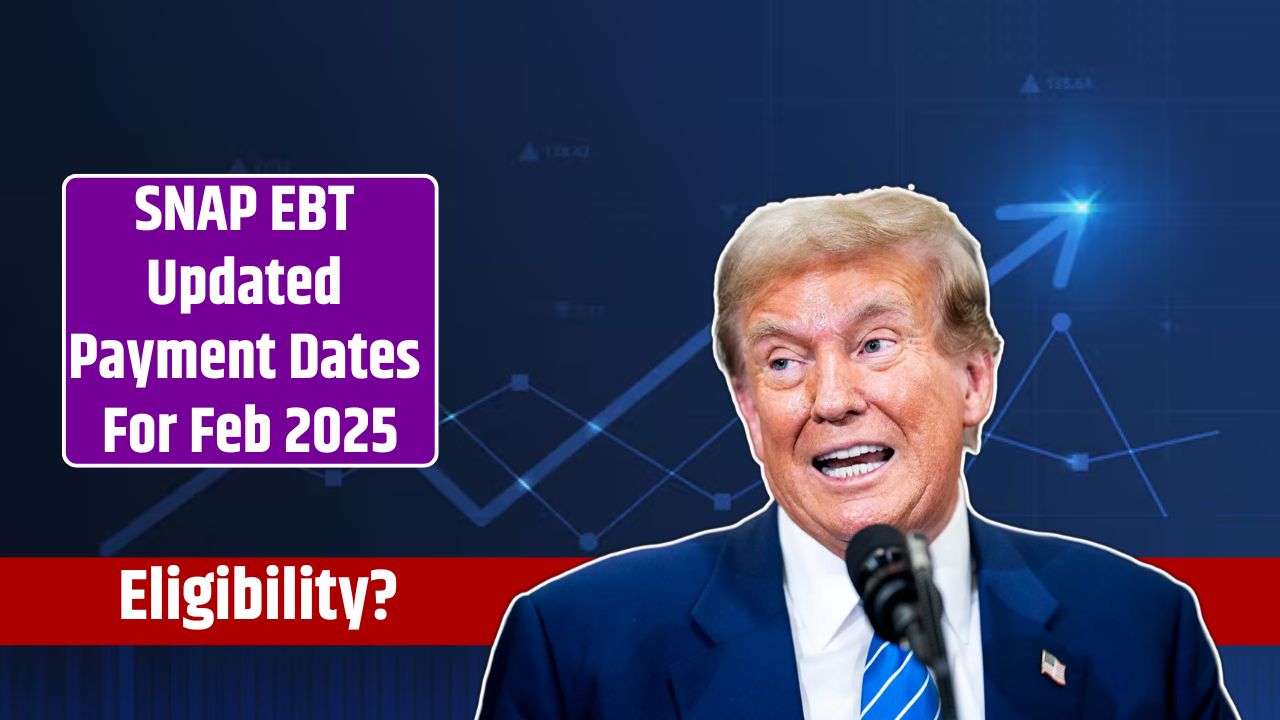Good news for Colorado residents! The state has announced relief checks ranging from $800 to $1,600 to help individuals and families cope with rising living costs.
These payments aim to provide financial relief to eligible taxpayers, particularly those in middle- and lower-income brackets.
If you’re wondering whether you qualify, when you’ll receive your payment, or how to ensure you get your funds without delays, this guide covers everything you need to know.
$800-$1,600 Relief Checks
Payment Details
| Aspect | Details |
|---|---|
| Payment Amount | $800 for single filers, $1,600 for joint filers |
| Eligibility Criteria | Based on income, residency, and tax filing status |
| Application Required? | No application for most; based on tax returns |
| Payment Timeline | Payments begin in March 2025 and continue in phases |
| Purpose | To provide financial relief amid rising costs |
These relief checks will offer a financial cushion to help Colorado residents manage essential expenses like rent, groceries, and utilities.
Eligibility
To qualify for the relief checks, residents must meet the following criteria:
1. Tax Filing Status
- Single Filers: Eligible for $800 if income criteria are met.
- Joint Filers: Eligible for $1,600, providing additional support for couples.
2. Residency Requirements
- Must have been a full-time Colorado resident for the 2024 tax year.
- Temporary residents or those who moved out of state in 2024 are not eligible.
3. Income Threshold
- Payments are targeted at middle- and lower-income earners.
- Exact income limits are yet to be finalized but will likely align with federal poverty guidelines or median income levels.
4. Tax Return Requirement
- Filing a 2024 Colorado state tax return is mandatory for automatic qualification.
- Non-filers (such as seniors or low-income residents) may need to submit their information through an online portal.
Payment
How Will Payments Be Distributed?
The Colorado Department of Revenue has outlined a structured payment process to ensure funds reach eligible residents efficiently.
1. Automatic Processing for Tax Filers
- If you filed your 2024 state tax return, no additional action is needed.
- Payments will be processed based on tax return records.
2. Payment Methods
- Direct Deposit: Sent to the bank account on file from your tax return. This is the fastest and most secure method.
- Paper Checks: If no direct deposit information is available, a check will be mailed to your registered address.
- Prepaid Debit Cards: Some residents without banking details may receive their payments via a prepaid debit card.
3. Payment Timeline
| Phase | Who Receives It | Estimated Timeline |
|---|---|---|
| Phase 1 | Early tax filers with direct deposit | March 2025 |
| Phase 2 | Those expecting paper checks | 6-8 weeks after Phase 1 |
| Phase 3 | Non-filers and individuals updating their information | Later in 2025 |
Pro Tip: Ensure your bank account and mailing address are up to date to avoid payment delays.
Securing
Steps to Ensure You Receive Your Payment
1. File Your 2024 Taxes on Time
- Submit your state tax return before the April 2025 deadline to qualify.
- Late filings may result in delayed payments or disqualification.
2. Update Your Information
- If you’ve moved or changed your bank account, notify the Colorado Department of Revenue.
- Use their online portal or submit Form 8822 to update your records.
3. Non-Filers: Submit Your Information
- Some low-income residents, retirees, or veterans may need to manually submit eligibility details.
- The state will provide an online tool for submission.
- Be prepared to upload proof of residency and income documentation.
4. Monitor Your Payment Status
- Use the Colorado Revenue Online Portal to track your payment status.
- This helps verify eligibility and avoid potential issues.
Managing
Tips for Making the Most of Your Relief Check
1. Prioritize Essential Expenses
- Use the funds for rent, groceries, healthcare, or utility bills.
- Covering necessities first ensures financial stability.
2. Save for Emergencies
- Consider setting aside part of the payment in a savings account.
- An emergency fund can help with unexpected expenses like car repairs or medical bills.
3. Reduce Debt
- Paying off high-interest debts (e.g., credit cards) can save money on interest over time.
- This can improve financial security in the long run.
4. Avoid Scams
- Be cautious of fraudulent calls, emails, or texts claiming to assist with payments.
- The Colorado Department of Revenue does not call residents asking for personal or banking details.
- Always verify information through official government websites.
5. Seek Financial Guidance
- If unsure how to best use your relief funds, consider consulting a financial advisor.
- Free resources from trusted organizations can help with budgeting and financial planning.
The $800-$1,600 relief checks are a great opportunity for Coloradans to get extra financial support during challenging economic times. By understanding eligibility, ensuring your tax details are accurate, and planning ahead, you can maximize your benefits and use them wisely.
















